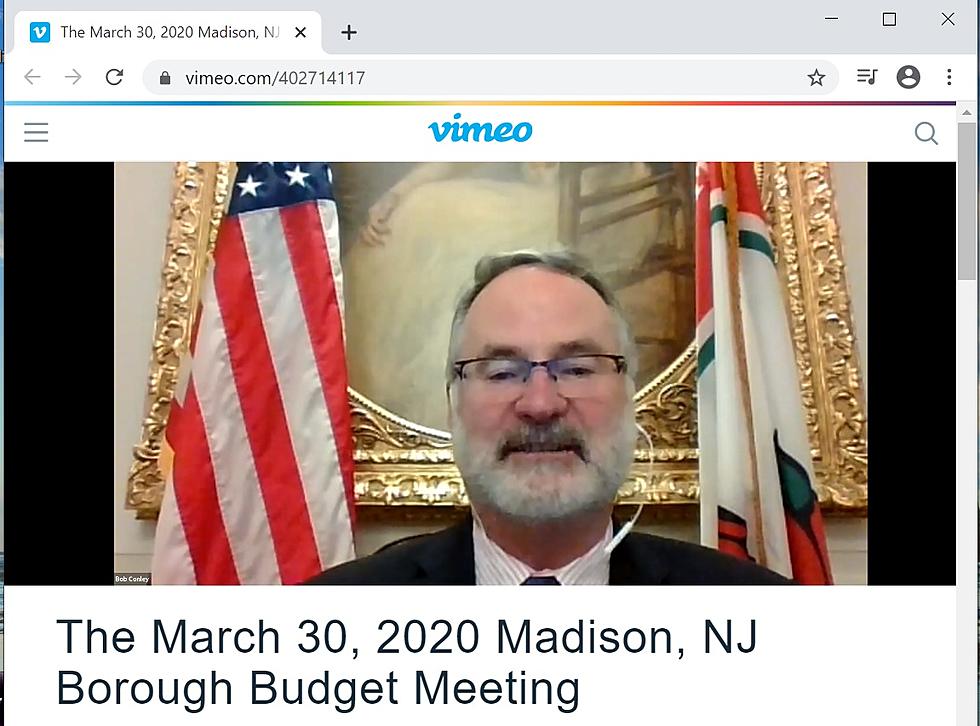
Virtual local government meetings may outlive pandemic in NJ
It’s now the third week of New Jersey’s experiment with allowing local governments to conduct their meetings and official business electronically during the coronavirus pandemic.
So far, in a limited sample size, it seems to be going relatively well. The incoming director of the New Jersey State League of Municipalities expects that even after the emergency ends, the online streaming and remote participation will wind up continuing in some form.
“We’ve seen by the order of necessity some innovation at the local level to incorporate Zoom or Facebook Live or other platforms to conduct the public meetings,” said Mike Cerra, assistant executive director of the league. “The agendas in a lot of cases have been streamlined to just the essential elements and maybe deferring on items that might require greater public participation to another day.”
Cerra said it may be “partially the novelty of it” but that it has increased engagement with some local governing bodies in the first round of meetings.
“What we’re beginning to hear back is in some cases there’s actually been more public participation because people who might not have been able to get to a meeting under normal circumstances can do it from home or on their phone, and it’s actually kind of opened it up,” he said. “It might actually have an impact on the future of meetings once this is over.”
Cerra said guidance from the state Department of Community Affairs requires an opportunity for public participation, not just the ability to watch a meeting online. He said that has varied by locality – in some places by phone, others in a chat window, still others through users’ web cameras.
“It seems to be working as well as we can hope considering that we didn’t have a lot of lead-up time to plan for it,” Cerra said.
It hasn’t all been smooth. Both local and state meetings operate in fits and starts, with technical problems around both sound and video. Cerra said he hasn’t heard of any legal actions taken against cities or towns for their online meetings but that some critics have grumbled.
“We’ve heard some anecdotal evidence of gadflies who have raised concerns about the meeting guidance and whether or not it’s meeting the spirit of the law,” he said. “But the guidance is pretty open-ended and required you to do these meetings in a certain way, and I think considering the circumstances, I think the towns are going to be upheld.”
To date, the meetings have been limited to addressing the essential elements of what must be done to keep local governments operating and to respond to the health and economic crisis. The law enacted March 20 that allows for electronic meetings says the agendas must be limited. Budgets will have to adopted by late April, under revised state guidance.
“Some of these other items, they may have to be revisited at the next meeting or later in the spring,” Cerra said. “We don’t really know when we might return to some degree of normality. So we’re hopeful that come the late spring and early summer that some of these agenda items that have been deferred can be returned.”
“At some point we’re going to go back to the in-person meetings because there are issues and topics that need to be worked through in person,” he said. “But we may see some sort of combination going forward where people can participate remotely through other means.”

How to Make a No-Sew Face Mask From Leggings
More From Beach Radio










